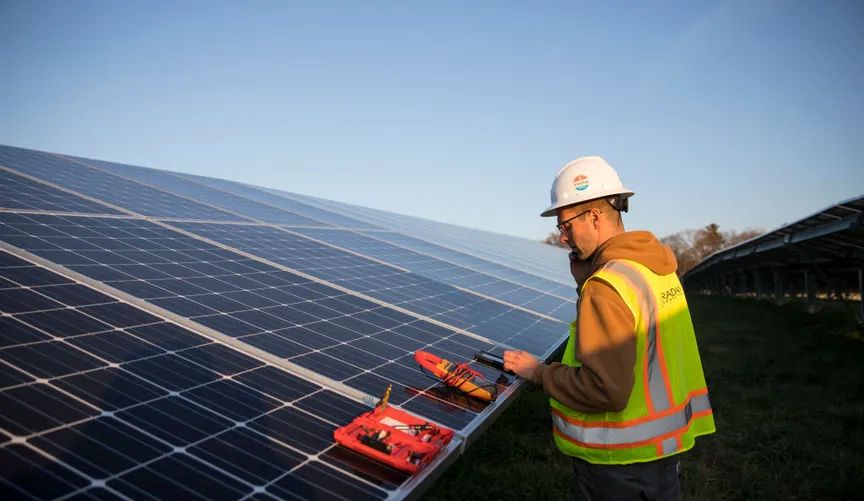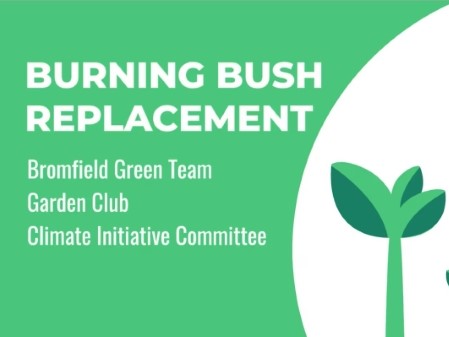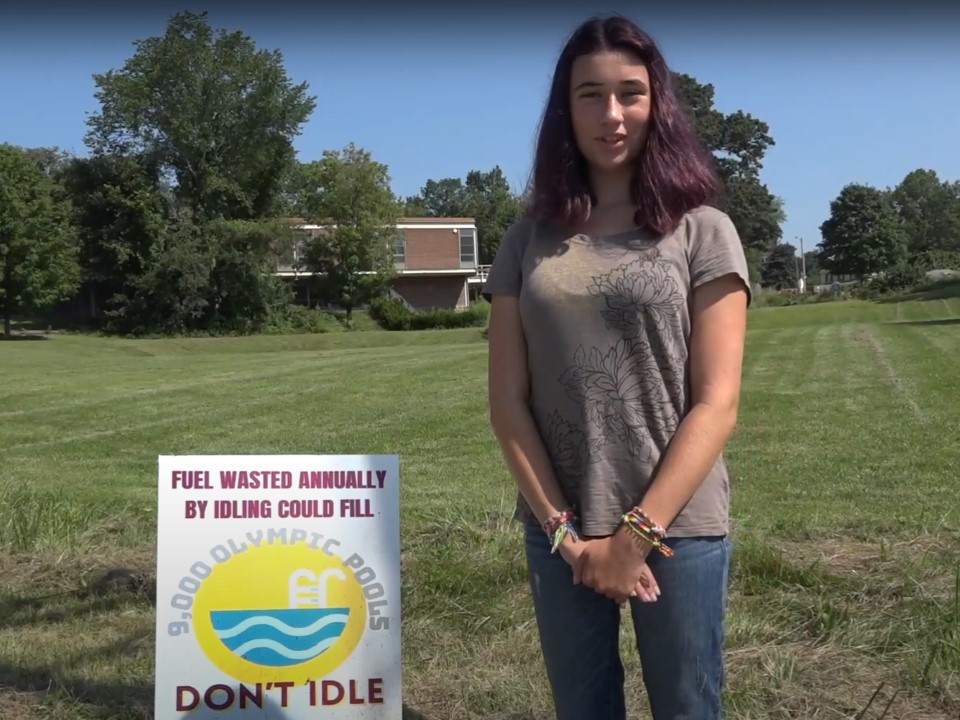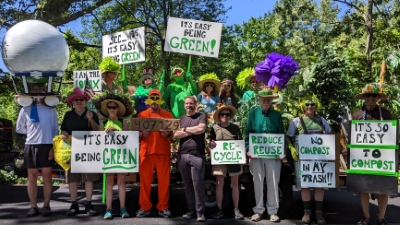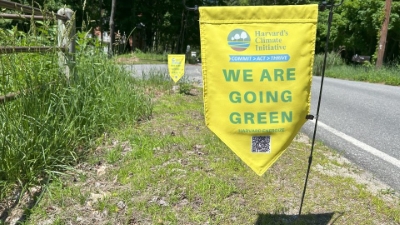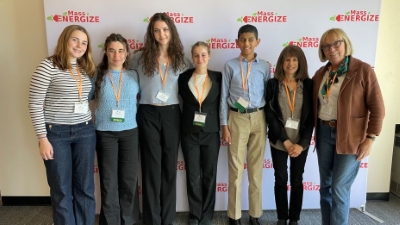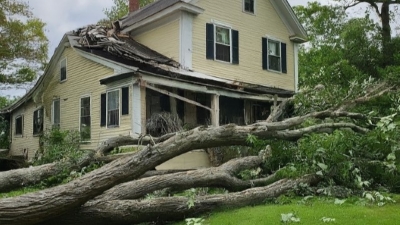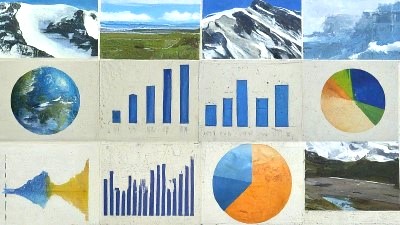On Climate: Inside the race to save America’s climate data
Published: October 3, 2025
On Climate: Inside the race to save America’s climate data
October 3, 2025
This column highlights the current administration’s shuttering of climate.gov and the founding of climate.us, a nonprofit aiming to preserve and share vital climate data and educational resources. Run by volunteers, climate.us now seeks financial support to continue its mission. The author urges readers to spread the word and donate if possible to protect critical climate information for the future.
With that in mind, this month’s column is focused on climate.us, a nonprofit started to save much of the climate data the federal government is systemically deleting and to carry on the work of the federal climate.gov organization obliterated in recent months. Before I get into the specifics of how you can help, first a little background.
For the past 15 years, climate.gov was a public resource that was much more than a repository of data. It was a portal with a congressionally supported mission to provide “timely and authoritative scientific data and information about climate science, adaptation, and mitigation” for a “climate-smart nation.” I love the phrase “climate-smart nation.” It was designed to empower Americans to understand climate-related risks and let them better understand the relationship among climate, weather, and the nation’s health, security, and economic strength. Its News and Features section operated like an online science magazine and published climate articles based on peer-reviewed research. Its Maps and Data section provided up-to-date maps, tools, and datasets for educators to use. Its Teaching Climate section provided a ton of material for those interested in learning more about climate change.
To understand what was lost with the shuttering of climate.gov, you first have to understand how the data was used. The National Oceanic and Atmospheric Administration, the U.S. Geological Survey, and the Environmental Protection Agency used the data from climate.gov extensively in all their models and projections. The data allowed farmers to select the best crop varieties, utility companies to plan for seasonal energy demand, and travelers to pack the right clothes, to name a few uses. The data was the baseline on which today’s weather and tomorrow’s forecasts were compiled. Plus, the data fed the complex climate models that projected future catastrophic scenarios.
This summer, climate.gov was shuttered by the administration as part of a much broader effort to suppress, censor, and erase climate science from the public sphere.
Climate.us was born as a result. It’s a defiant volunteer-led organization designed to do all the things climate.gov was doing and to preserve much of the data erased by the government. This was a brave act of civic responsibility by public servants who found themselves unemployed but unwilling to let their work vanish. I applaud them.
The main goal of climate.us is to make available the most vital parts of climate.gov. They plan to republish climate articles, data visualizations, interactive maps, graphics, and classroom resources that were key parts of the original site.
But today, climate.us is at a critical fork in the road. It needs to move beyond an all-volunteer labor of love and become a sustainable nonprofit. To do so requires financial support now.
So, back to the start of this column and the need to focus on concrete things in these dark times. If you believe the systematic deletion of climate data from the federal government is wrong and you want to help preserve as much of this data as possible, please consider donating to climate.us. I’ve already done so and plan to tell everyone I know to do the same. I hope you’ll tell everyone you know as well.
I’m hoping small acts like these will add up and help reverse all the damage that’s been done. Visit climate.us to donate.
Rich Marcello is a member of the Climate Initiative Committee.
In writing his latest novel, “The Means of Keeping,” he spent several years researching the climate crisis.
Copyright Harvard Press, LLC, 1 Still River Road, PO Box 1, Harvard, MA 01451, 2025.
This work is licensed under a Creative Commons Attribution-NonCommercial-NoDerivatives 4.0 International License



